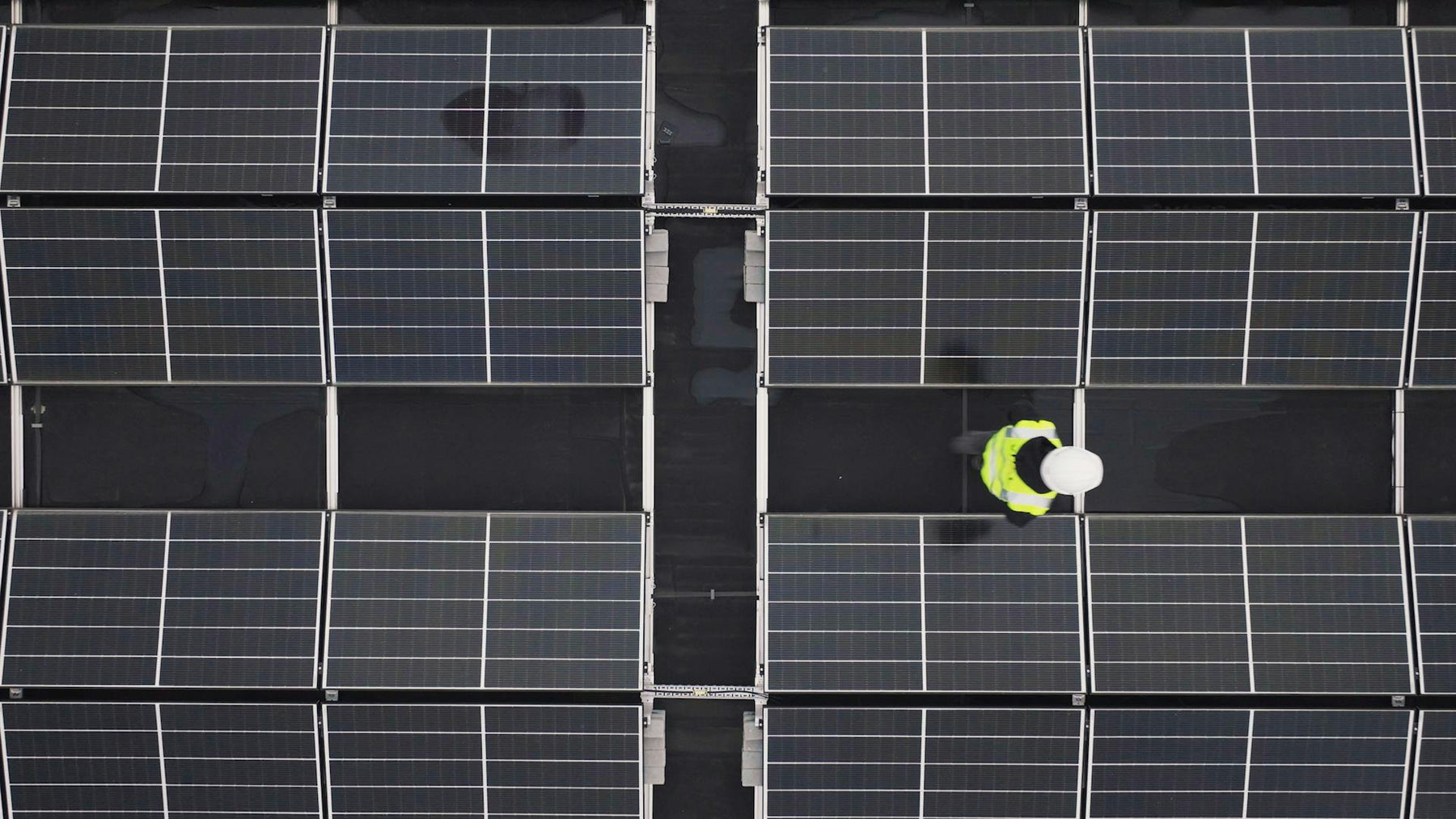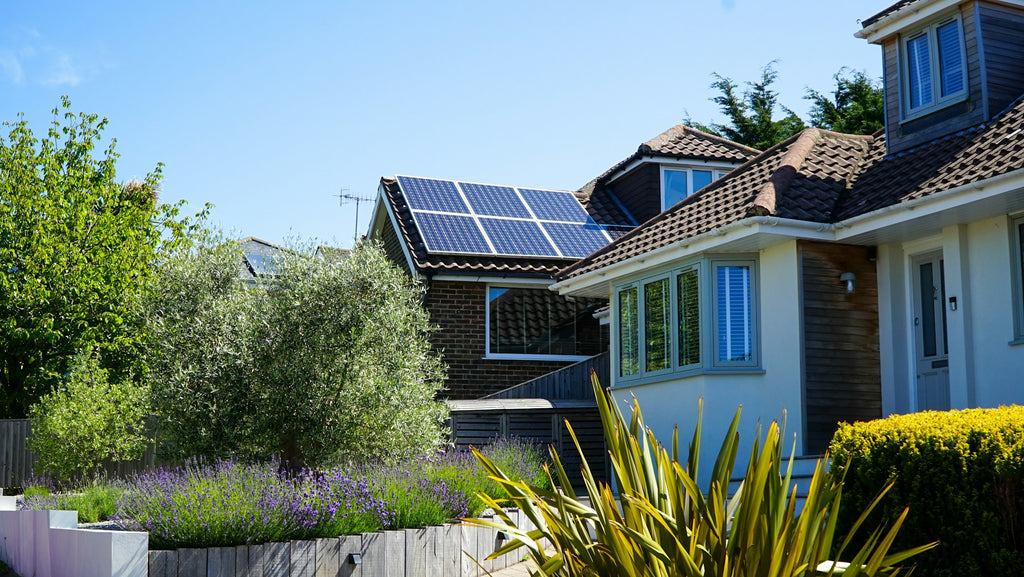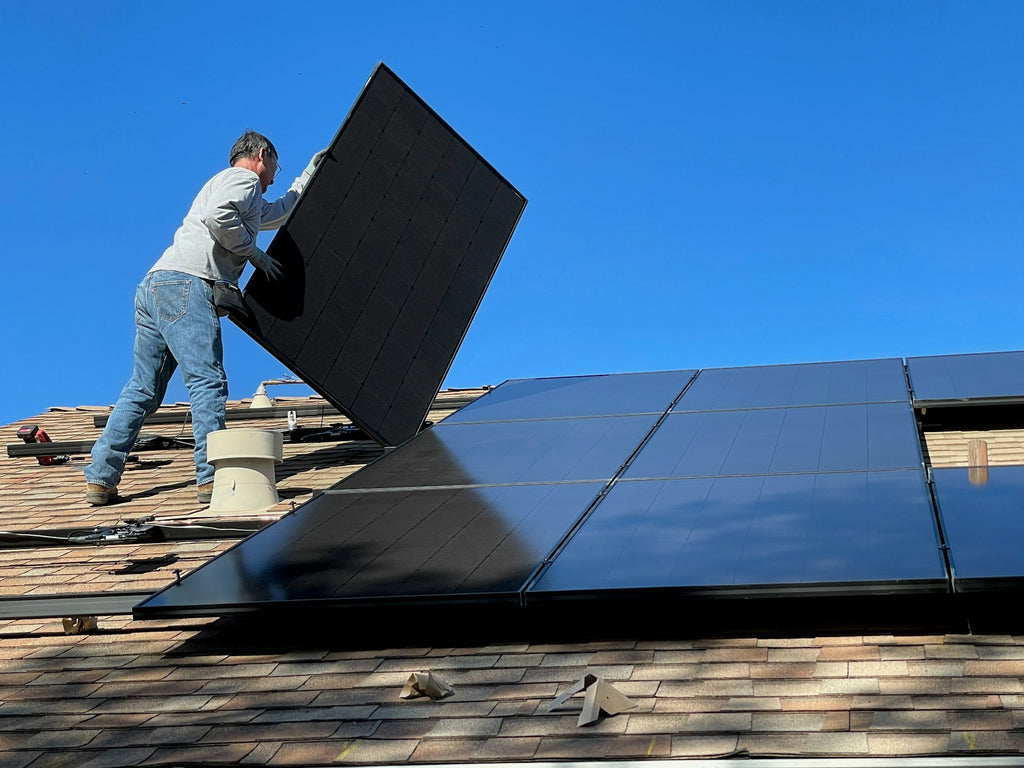
Why Do You Need an Inverter for Solar Panels
Solar panels are revolutionizing our approach to sustainable living. They harness the sun's energy, a clean and inexhaustible resource, reducing our dependence on fossil fuels. However, for this transition to be effective, the energy they capture must be made compatible with our existing electrical systems. This is where the solar inverter comes into play.
Here's why inverters are indispensable for solar panels:
The Need for Electricity Compatibility
Solar panels produce electricity in the form of direct current (DC). However, most household appliances and the broader electrical grid operate on alternating current (AC). The fundamental role of an inverter is to convert DC into AC, making solar energy usable for everyday needs. This conversion is not just a technical formality; it's the linchpin that allows for the seamless integration of solar power into our lives. Without inverters, the energy harvested by solar panels would remain incompatible and unutilizable for our AC-based systems.

Ensuring Compatibility and Safety
Inverters do more than just convert currents; they ensure that the energy fed into the grid or used in homes meets strict standards for voltage, frequency, and phase alignment. This role is particularly crucial in regions like Germany, which is known for its rigorous energy regulations. By fine-tuning the electrical output, inverters prevent potential mishaps that could disrupt the grid or damage appliances, thus safeguarding both individual properties and the broader electrical infrastructure.
Optimizing Solar Energy Utilization
Advanced inverters come equipped with Maximum Power Point Tracking (MPPT) technology. MPPT enables the solar system to adapt to changing sunlight conditions, ensuring that the panels always work at their optimal power level. In climates where sunlight can be intermittent or variable, like Germany's, this technology is indispensable. It maximizes energy yield and ensures that the investment in solar technology pays off by boosting efficiency and total energy production.
Monitoring and Managing Energy Production
Today's inverters offer more than just conversion and optimization; they also provide detailed insights into the system's performance. Real-time monitoring capabilities allow homeowners and businesses to track their energy production and consumption meticulously. This transparency helps identify any issues early, optimizes energy use, and can even predict energy production trends. In Germany's advanced energy market, such functionalities empower users to make informed decisions, aligning individual energy habits with broader goals of efficiency and sustainability.
Integrating with Battery Storage Systems
The synergy between solar panels and battery storage systems represents the next frontier in energy independence and sustainability. Inverters play a pivotal role in this integration. They manage the flow of energy, ensuring that excess power generated during peak sunlight is stored efficiently for later use. This capability is becoming increasingly important as countries like Germany push towards a more sustainable, autonomous energy model. By enabling the effective storage and use of solar energy, inverters are at the heart of creating resilient and self-sufficient energy ecosystems.

Safety and Protection
Inverters are designed with numerous safety features to address various risks. Anti-islanding protection, for instance, ensures that in the event of a power outage, the solar system shuts down, preventing the potentially dangerous back-feeding of electricity into the grid. Other safety mechanisms include automatic shutdown in case of overvoltage or system overheating, protecting against electrical fires and equipment damage. These features underscore the inverter's role not just as a converter but as a guardian of system safety and reliability.
The Bottom Line
The significance of inverters in the context of renewable energy, particularly within stringent regulatory frameworks like Germany's, cannot be overstated. They are the linchpin that enables the practical, safe, and efficient use of solar power, ensuring compatibility with existing electrical systems and standards. By optimizing energy production, enabling system monitoring, ensuring safety, and facilitating battery integration, inverters are central to the functionality and success of solar energy systems.

Leave a comment